Introduction
The International Society of Sports Nutrition pointed out that L-carnitine is a common nutrient found in multiple weight loss supplements. This is because many have classified the nutrient as a wonder when it comes to fat loss. However, the opinion of the majority may not be the scientific reality. Therefore, this article examines the efficacy of L-carnitine for fat loss and its other health benefits.
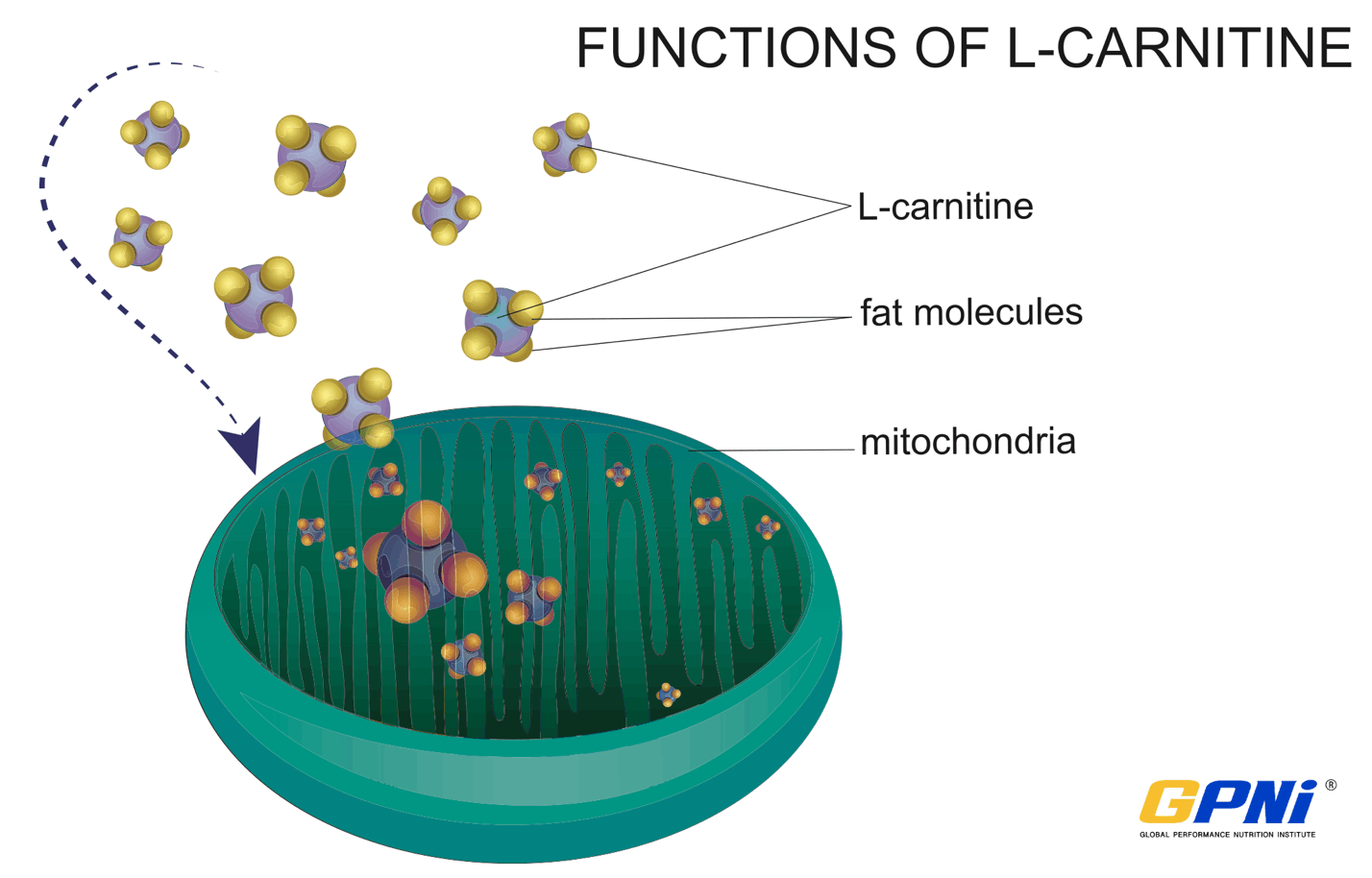
What is L-carnitine?
L-carnitine is a chemical found in the brain, liver, and kidneys that helps the body turn fat into energy. The body makes L-carnitine out of the amino acids lysine and methionine, and for sufficient quantities to be produced, the body needs an abundance of Vitamin C.
Supplements containing L-carnitine are usually given to people whose natural L-carnitine levels are low. L-carnitine plays a role in the body’s energy production by transporting fatty acids into the cells’ mitochondria.
The mitochondria is the part of the body’s cells responsible for burning fats to produce usable energy for the body. It should also be noted that beyond supplementation and naturally produced carnitine, individuals can obtain L-carnitine from animal products such as fish, red meat, lamb, etc.
Types of L-Carnitine
Carnitine is a broad term that describes various forms of this nutrient. L-carnitine is the form of carnitine that is most common, found easily in foods and supplements. Healthline refers to it as the standard biologically active form of carnitine. However, there are other forms of carnitine, and they include:
● Acetyl-L-carnitine: This is usually referred to as ALCAR. This form of carnitine is very effective for the brain, and studies have revealed that it is beneficial for people suffering from neurodegenerative diseases. For instance, a review on the neurobiology of ALCAR, carried out by the National Center for Biotechnology Information (NCBI), stated that ALCAR slows the progression of mental decline and has an effect on mitochondria metabolism thus showing promise as a treatment for neurodegenerative diseases.
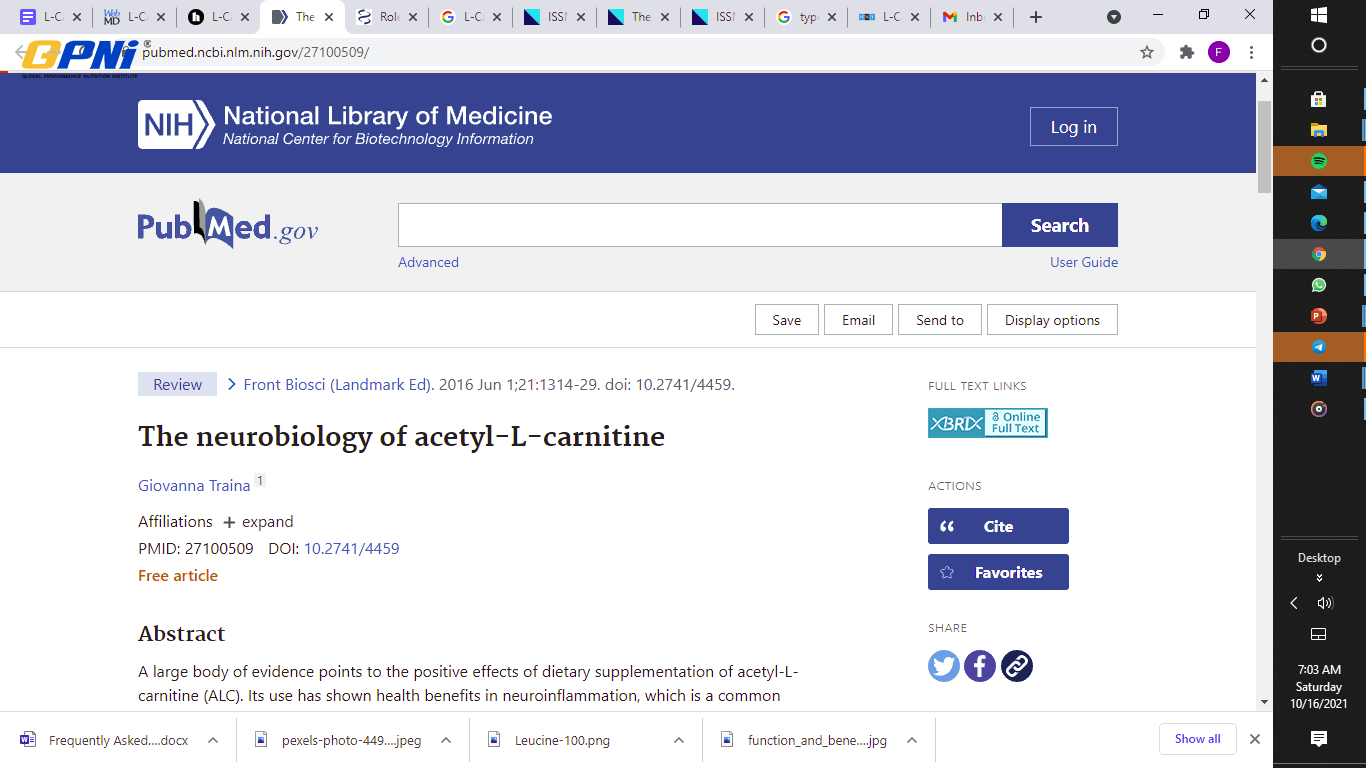
● D-Carnitine: This form is toxic to the body as it can hinder the absorption of other carnitine forms, thereby causing a carnitine deficiency.
● Propionyl-L-carnitine: It is particularly effective for treating circulatory issues, such as high blood pressure and peripheral vascular disease. It is also useful in improving blood flow by boosting the production of nitric oxide in the body.
● L-carnitine L-tartrate: Most sports supplements contain this as an ingredient because of its quick absorption rate. The NCBI conducted a clinical trial, which fund that it may aid athlete recovery and help reduce muscle soreness.
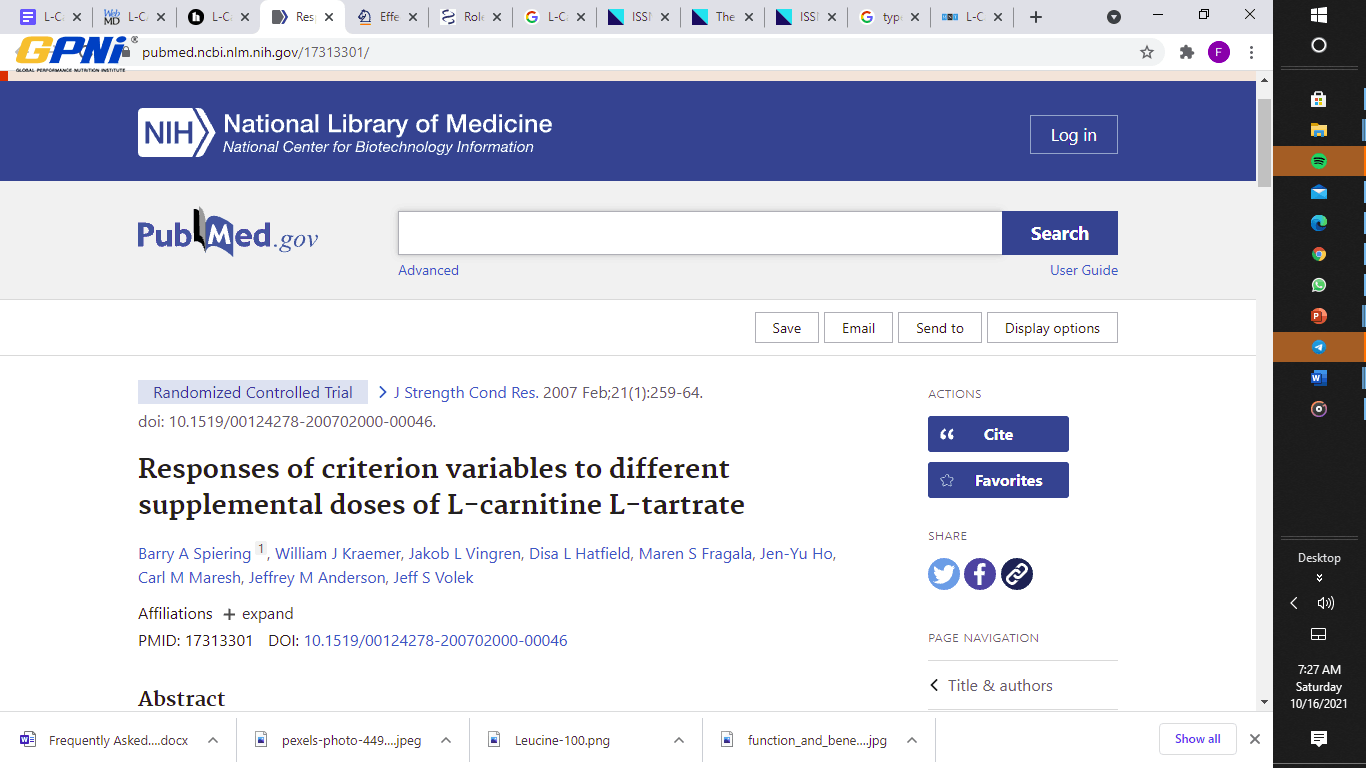
Does L-Carnitine really affect fat loss?

The answer to this is that a multiplicity of scientific evidence points out that L-carnitine may not contribute to loss. Where there appears to be some fat loss, the effect is quite limited.
Indeed, the idea that L-carnitine would impact weight loss, from a theoretical standpoint, would make logical sense. Since L-carnitine promotes fatty acid entry into the cells for energy-burning, this should ordinarily increase the body’s fat-burning ability as well as help it lose weight. However, several studies have proved otherwise.
A clinical trial conducted by the NCBI on moderately obese women determined that L-carnitine supplementation of 2 g twice daily had no impact on weight loss, even though it was combined with walking.
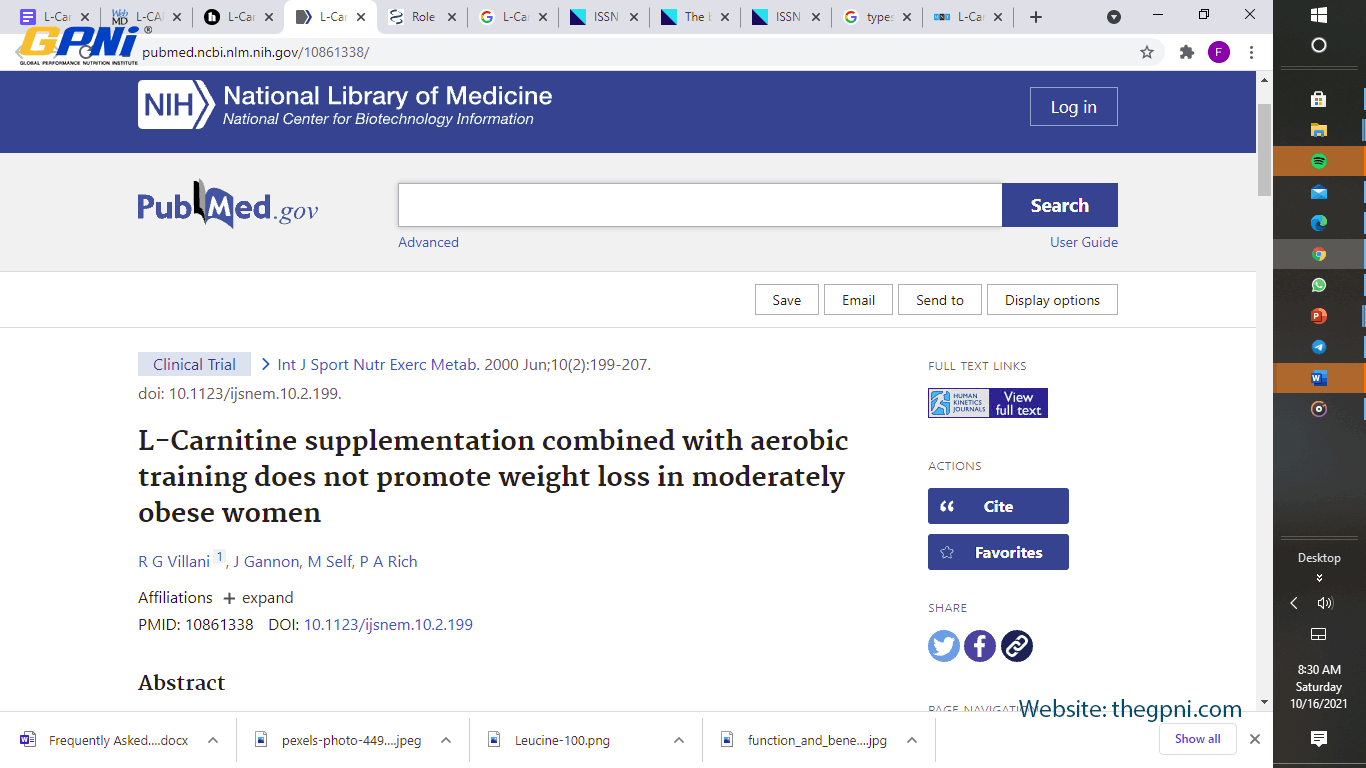
NCBI researchers also investigated the fat-burning effects of L-carnitine during a 90-minute stationary bike workout. The results showed that taking L-carnitine supplements for four weeks didn’t enhance fat burning.
2. Beta-Alanine
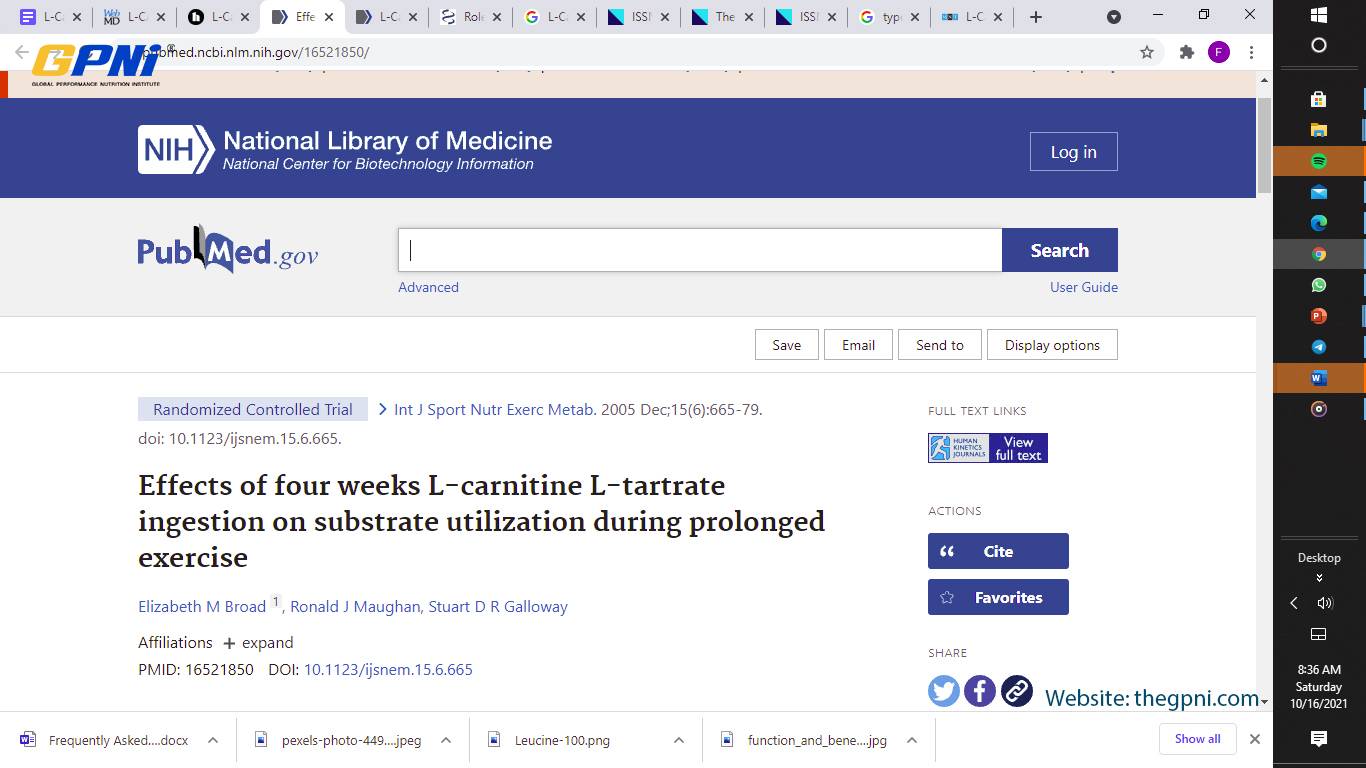
Furthermore, the ISSN made a statement supporting this. The statement goes thus: “In overweight or trained individuals, it has been shown from most controlled studies that L-carnitine supplementation has no impact on muscle carnitine content, fat metabolism, or weight loss”.
The ISSN made this statement in a review on exercise and sports nutrition.
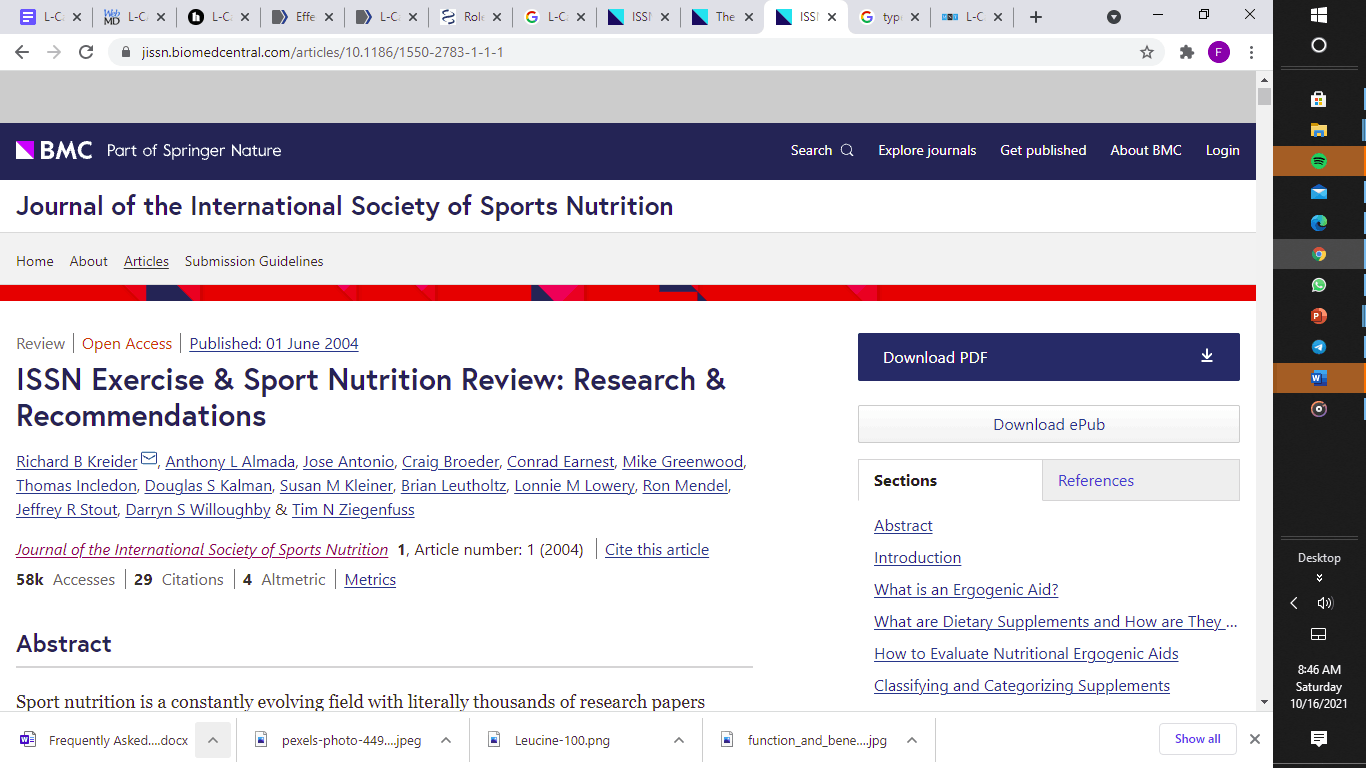
It is, however, essential to note that there have been some studies that have shown L-carnitine having some impact on fat loss. For example, in a NCBI review of nine studies, it was revealed that supplementing L-carnitine resulted in an average weight loss of 2.9 pounds (1.3 kilograms) for obese individuals and older adults.
It is clear from all that has been said that more research and studies need to be conducted on the impact of L-carnitine supplementation on fat loss, especially in different age ranges. This also helps the conclusion that the hype around the wonder-working powers of L-carnitine on fat-loss is not scientific in any way.
Other Health Benefits

Even if L-carnitine has questionable effects on weight loss, the chemical adds other health benefits to the body. Some of them include:
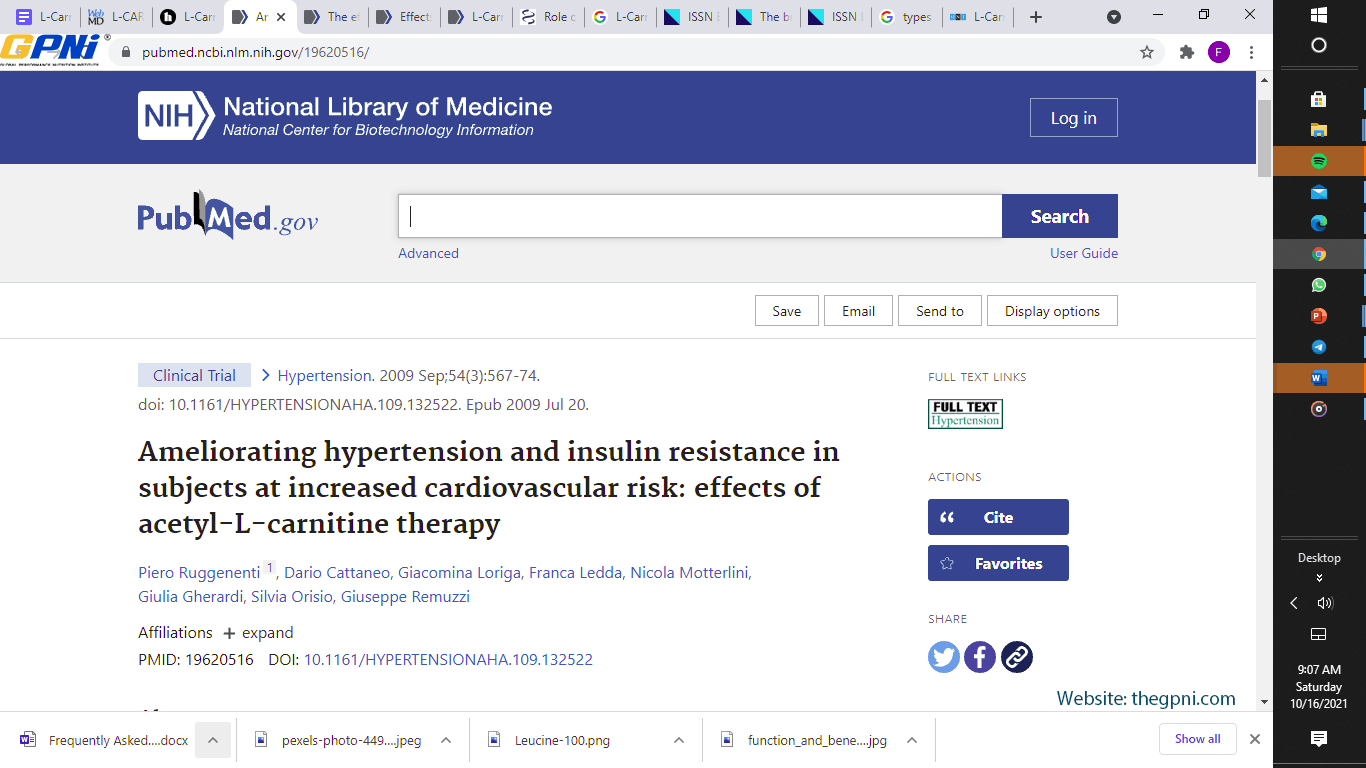
L-carnitine may also enhance heart function in patients with severe heart disorders, including chronic heart failure. For example, a study by the NCBI concluded that early treatment with L-Carnitine after myocardial infarction and continued therapy for 12 months could lessen left ventricular dilation in the first 12 months after infarction.
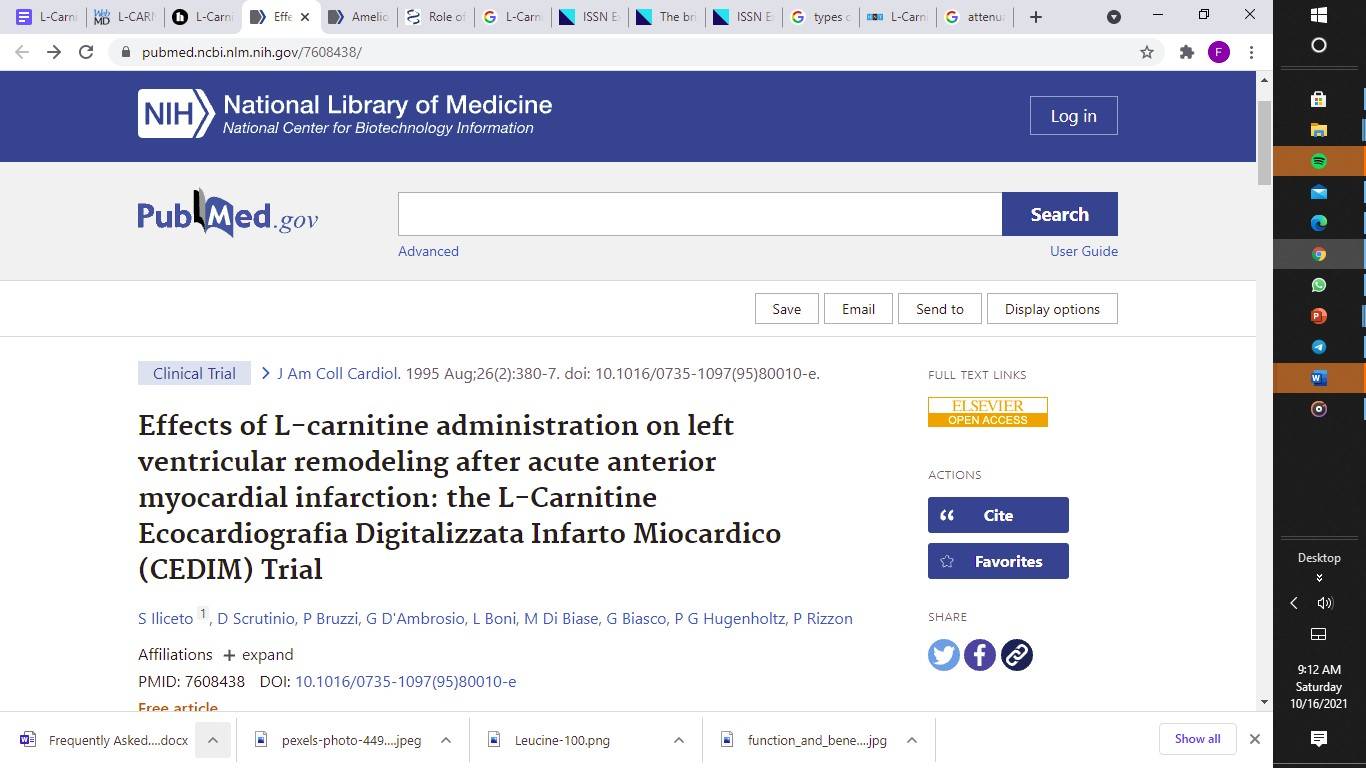
2. May help diabetes.
Additionally, L-carnitine may reduce the symptoms and associated risk factors of type 2 diabetes. In a study of type 2 diabetes patients taking anti-diabetic medication, carnitine supplementation reduced blood sugar levels compared with a placebo.
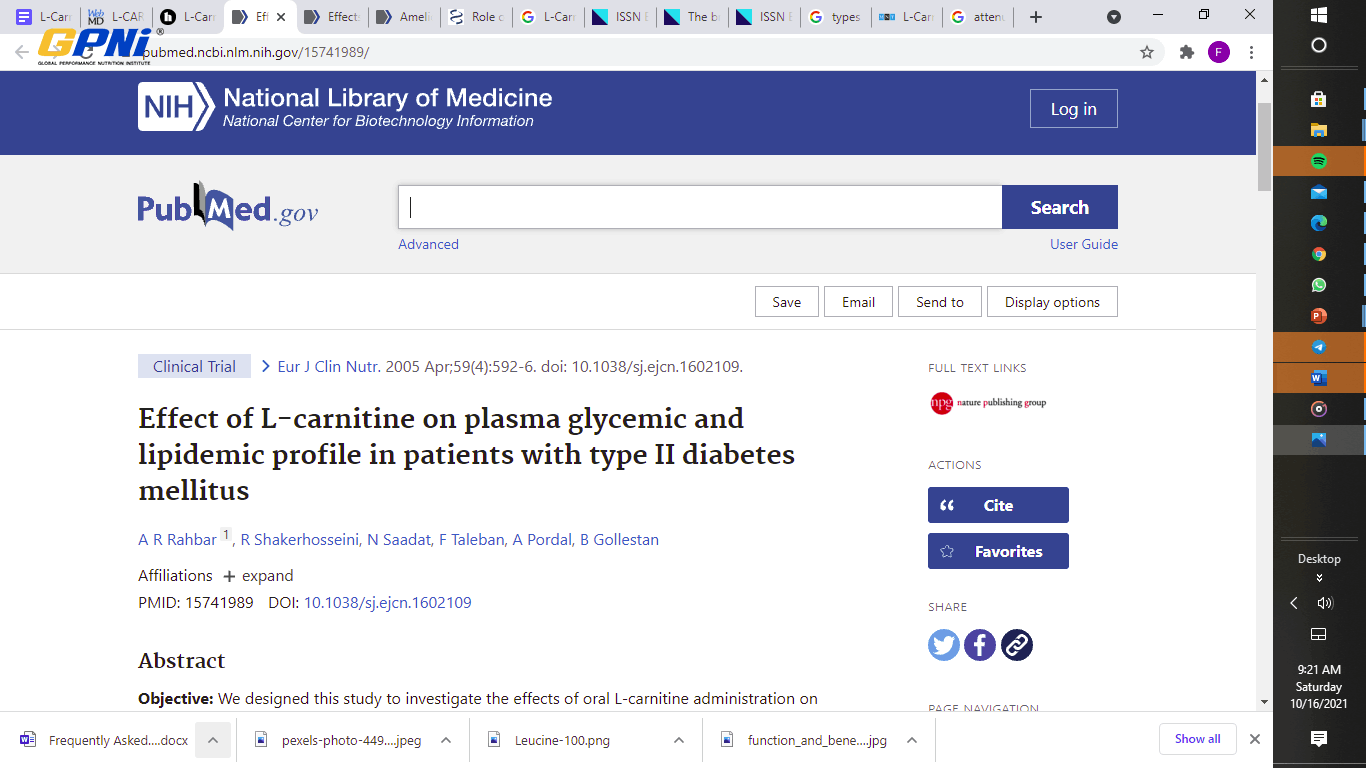
Additionally, L-carnitine may improve your body’s ability to use carbohydrates by increasing an enzyme known as AMPK.
In an article by the NCBI on the role of carnitine in disease, the NCBI stated that: “Nutritional supplementation of L-carnitine can enhance nerve conduction and reduce neuropathic pain in diabetic patients and can save the lives of patients with primary carnitine deficiency”.
Safety, Dosage and Side Effects of L-Carnitine Supplementation
Generally, L-carnitine supplementation is considered to be safe where it is taken at reasonable and recommended dosages. Most people will not have any severe side effects if they consume 2 grams or less per day. Also, in one study, participants who took 3 grams of L-carnitine every day for 21 days had no side effects.
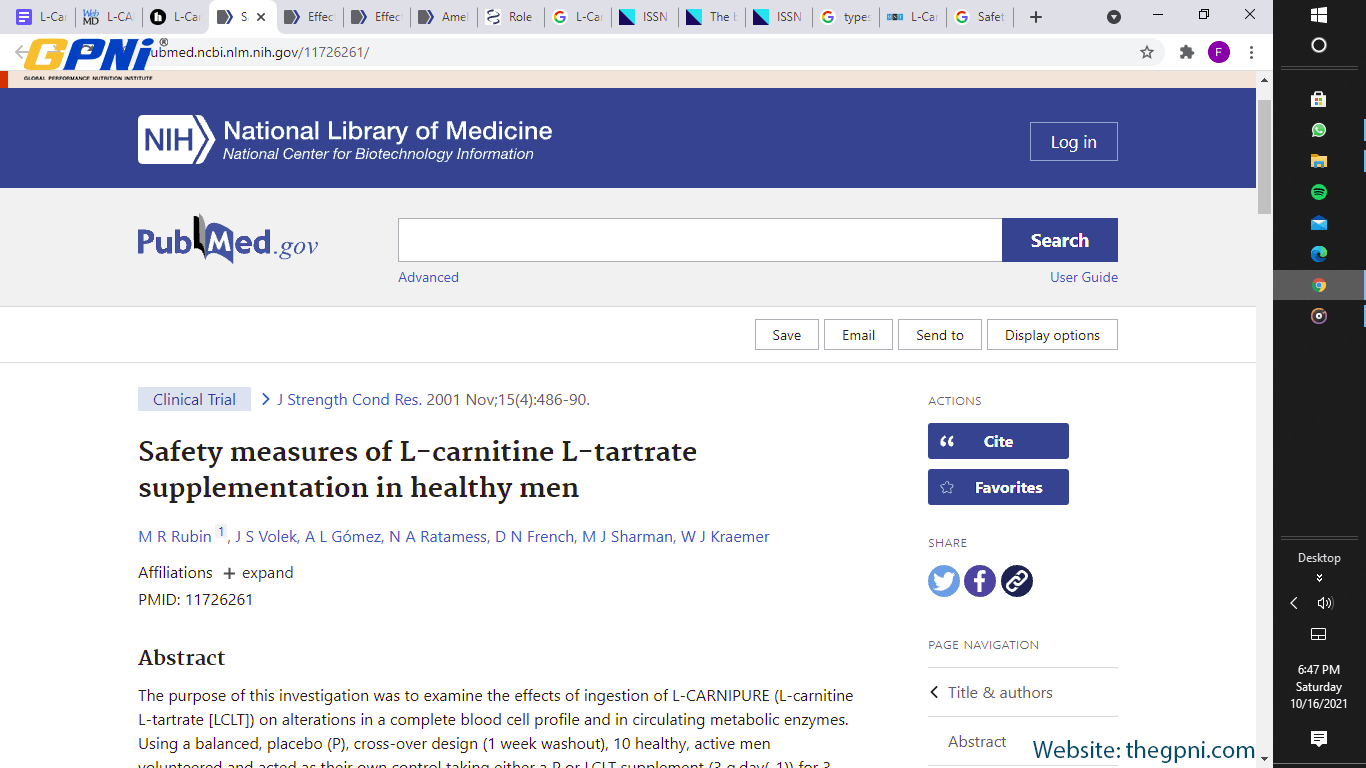
This intake of 2 grams daily appears to be safe without any severe side effects, and another review conducted by the NCBI confirmed this.
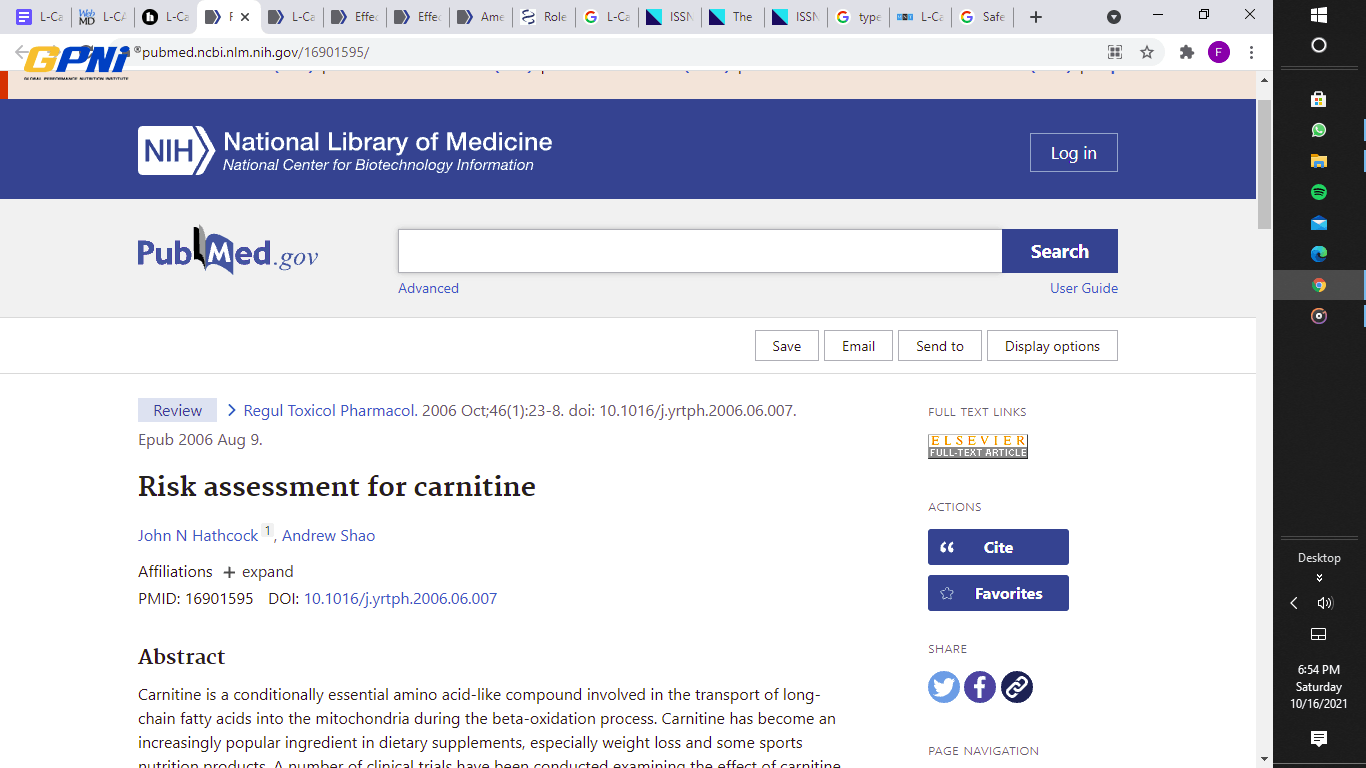
Despite this, minor side effects such as stomach discomfort and nausea can still accompany the intake of L-carnitine supplementation. In addition, it is essential to note a person’s carnitine levels are determined by their diet and how much their bodies produce. Thus, vegans and vegetarians have lower levels of L-carnitine since they avoid or restrict the consumption of animal products.
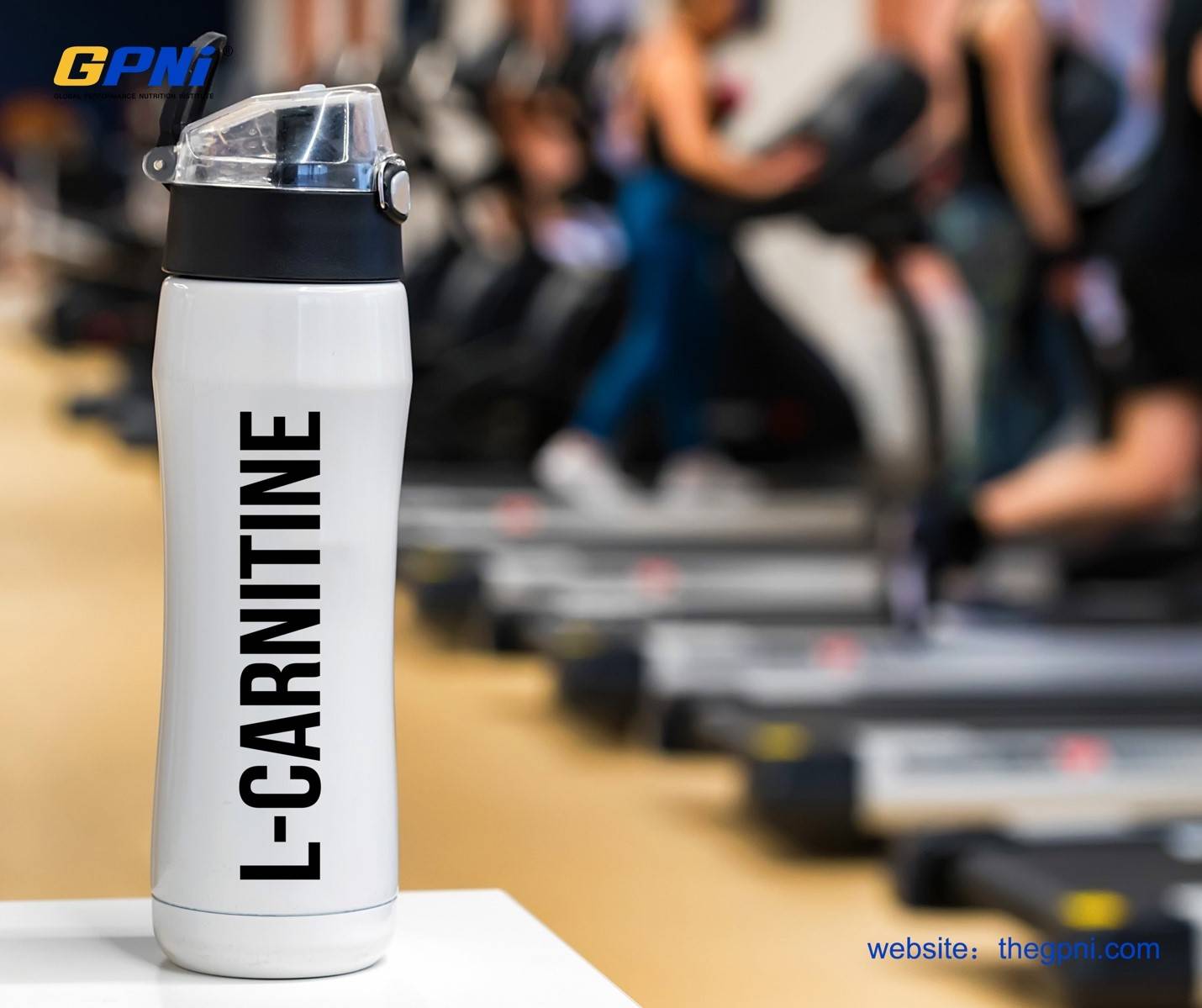
Conclusion
L-carnitine is advantageous to the body in several ways. However, not a platform for weight loss. So, while it may be beneficial to take the supplement, individuals must be aware of what roles it performs in the body.
To know more about L-carnitine supplementation, get more learning resources such as those listed below, and register today to be a Sports Nutrition Specialist (SNS®) on the GPNi® platform.
You also get to learn about the GPNi® patented “traffic light system.”
● Green – Good & Solid Research
● Orange – Some Limited Research but Not Considered Harmful
● Red – No Solid Research and Maybe Some Health Concerns

This enables you to learn what to safely recommend to your clients, athletes and yourself

You can also choose one of our Continued Education Certificate programs, such as the Endurance & Marathon Nutrition Coach (EMNC®) certificate program.
References
– https://jissn.biomedcentral.com/articles/10.1186/1550-2783-1-1-1
– https://www.webmd.com/vitamins/ai/ingredientmono-1026/l-carnitine
– https://www.healthline.com/nutrition/l-carnitine#what-it-is
– https://pubmed.ncbi.nlm.nih.gov/32359762/
– https://www.medicalnewstoday.com/articles/l-carnitine#types







